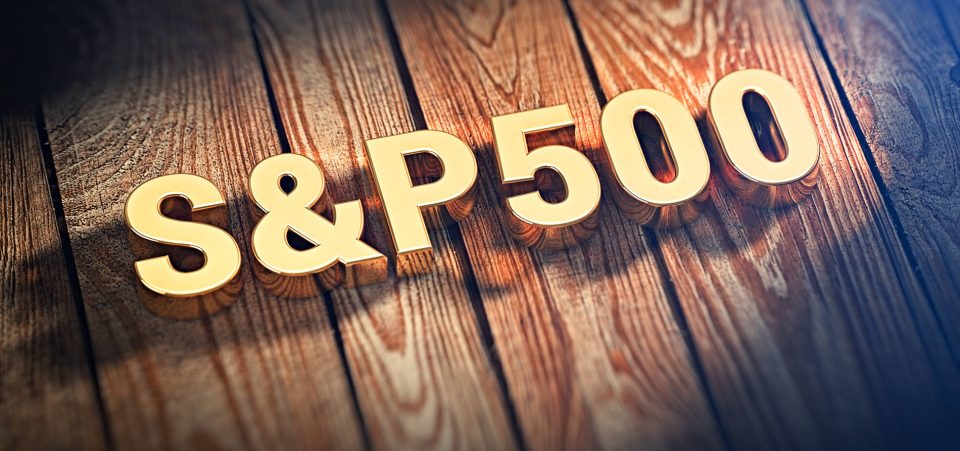Dividends Under Threat Amid Declining Profitability
U.S. companies are unlikely to keep investors happy by using massive amounts of cash sitting on their balance sheets.
According to a Bloomberg study, cash and equivalents at S&P 500 companies are at their lowest levels in the past three years after 18 months of falling profits and using extra cash to repurchase their own shares.
Depleting cash reserves could pressure corporate executives to cut their share buyback programs and reduce dividends, a practice increasingly used by some of the largest U.S. corporations to keep shareholders happy as profitability weakens.
“Those things are going to leave a mark when lending starts to get a little more tough and companies have to rethink some of these buyback announcements and dividends,” said Sameer Samana, a St. Louis-based global quantitative strategist at Wells Fargo Investment Institute. “You’re seeing that already and it’s concerning.” (Source: “Cash Piles at American Companies Are Shrinking,” Bloomberg, September 6, 2016.)
The Bloomberg report states that while analyzing the aggregate data for the S&P 500 companies, cash balances for 90% of S&P 500 companies are falling at the fastest pace since the start of the bull market in equities. These companies had $385 billion in cash by the end of second quarter; they had $447 billion at the same time last year.
The situation at the top 50 companies in the index still looks rosy. Excluding the financial sector, these biggest companies still had $825 billion cash and equivalents by the end of the second quarter, near the highest of the bull market. This trend suggests that the cash concentration isn’t widespread and other smaller companies have started to face the squeeze. (Source: Ibid.)
With very little investment returns on government bonds and saving accounts, investors and big money managers are favoring to invest in high-dividend-yielding stocks. This trend, coupled with interest rates being near a record low, have fueled gains in equity indexes.
The report says S&P 500 companies have reported negative growth for six straight quarters in a row, a performance last seen in the financial crisis of 2008. Earnings before interest and taxes at S&P 500 companies came to $1.1 trillion in the year ended that ended in the prior quarter, which is the lowest it has been since 2011. (Source: Ibid.)
Bloomberg, while citing a report by Barclays Capital Inc., said the total share repurchases and dividends in the S&P 500 were about 128% of the annual earnings for this year, which is actually the highest total outside of the financial crisis. (Source: Ibid.)






